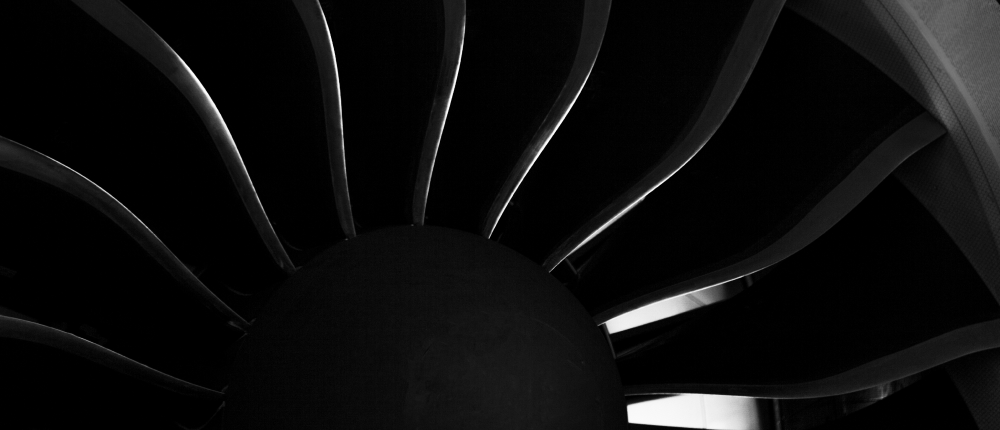Propulsion Engineering

Description
The Propulsion Engineering School forms a world-class scientific and educational center providing research and innovation support for the development of the engine-building industry at the intersection of science, education, and production.
Key features
The area of propulsion engineering involves studying the methods and means of design, construction, research, development, production, marketing, and operation of aircraft engines. The area is aimed at the investigation and practical use of systems for the standardization, quality management, and certification of products, processes, and services in the aerospace industry. It is also about human safety in the modern world, creating comfortable conditions for human life and activities, and reducing the impact on the environment through the use of modern technologies, control, and forecasting methods.
Principal subjects
- Integration of engines and aircraft flying at different speeds
- Optimization of rocket engine layouts and performance, including workflow control problems
- Economics and Security Management
- Modern problems of construction aircraft engines
- Certification tests of aircraft engines
- Theory and design of gas turbine engines and combined power plants
Career opportunities
- Graduates of this master's program, thanks to their fundamental knowledge, can work as engineers, specialists with enterprises that design, study, build, develop, produce, and repair aircraft engines. Our graduates easily find work not only in the aerospace industry, but in any field related to power and mechanical engineering, oil and gas production, engage in research and teaching.
Head of the program
VM
Veronika Monakhova
Candidate of Technical Sciences, Head of School No. 2: Aircraft, Rocket Engines, and Power Plants